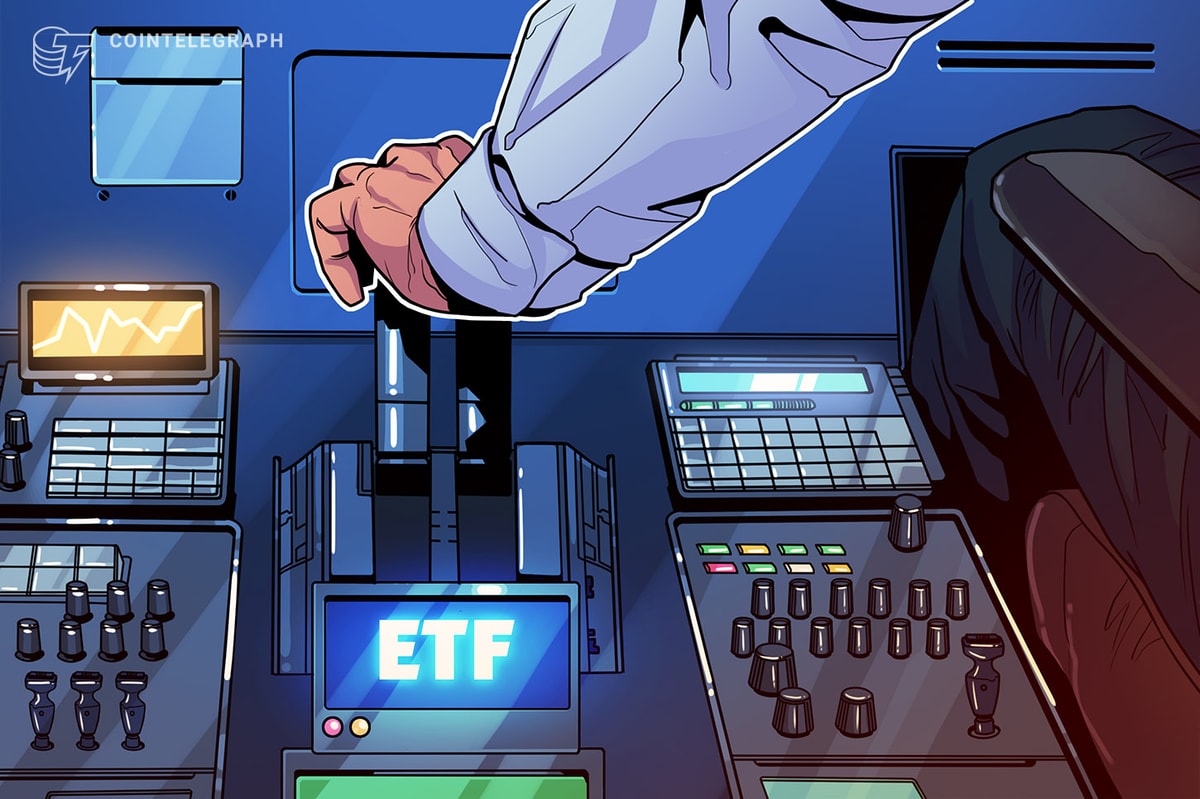You may have come across the word Cryptoequity before - it has been written about in mainstream media, from the Wall Street Journal, to The Economist. However, few understand what cryptoequity really mean, the different forms and purposes of it, and how it’s likely to evolve in the financial and legal landscape around the world. Hence, here’s a brief introduction to the concept - some food for thought for people curious about this embryonic and exciting industry.
Blockchain Inc.

In almost all jurisdictions, incorporating companies tends to be a tedious bureaucratic process. Afterwards, once the incorporation is done, you’ll be subject to both taxes and regulations which will limit your ability to successfully grow your company. Instead, imagine for a second if you could start a company without all of that burdensome government interference?
Well, thanks to the blockchain technology – i.e. its function as a cryptographically secured, distributed public ledger - that’s now possible. Essentially you start a “coin,” let’s call it mycryptocompany.com - and then you decide how many individual coins you want - 100, 1000, 10 Million etc. Through registering a smart contract on the blockchain you then attach an equity stake of whatever commercial activity mycryptocompany.com intends to do - whether it’s building apps or selling cupcakes.
Each individual “coin” then entitles the owner equal amount of equity percentage in the company. The “coins” - or rather equity shares - can then be used to raise funds through equity crowd funding, and it can be traded on like stocks on a stockmarket through exchanges.
DAOs and DACs
Arguably, Bitcoin could be described as the first so called Distributed Autonomous Organization (DAO), if one looks at it as primarily a payment system, rather than a currency - everybody who holds Bitcoin effectively becomes a shareholder in the payment system, and ‘the shares’ are then used as a currency.
Now a host of different organizations offer services to “incorporate” on the blockchain, through creating a coin, everything from Colored Coins, to Counterparty, BitShares, NXT, Noir Group, Swarm, Mastercoin and Agora. When Ethereum - an alternative to the Bitcoin blockchain – is released (probably in Q4 2014), the number of applications facilitating DAO creation and management is likely to multiply very rapidly.
The expression Decentralised Autonomous Corporations (DACs) was first coined by the US based company Invictus Innovation in 2013. Decentralized means that’s it’s spread out over it’s users on the Blockchain and Autonomous is the ambition that the user base eventually will take over and run it (like Bitcoin, for instance).
It then evolved into quite the acronym soup, starting with Decentralized Autonomous Organizations: (DAOs) created by Ethereum in 2014* - essentially the same as a DAC, but the word organization leaves more room for different types of entities. That prompted the creation of yet one acronym: Decentralised Organisations (DOs): Same as DAOs, but without the autonomous part. Needless to say, not all organizations can or should be run by its user base.
DAPPs
For instance, if you have a cupcake bakery in your basement, incorporating it as DO would be the rational decision. A further evolution of the now rather standard DAO acronym is Decentralized Applications: (DAPPs) - also sometime called appcoins. DACs and DAPPs are essentially the same thing, although DAPPs are a more narrow definition since it specifically refers to tech applications, which are currently the most common form of DAOs.
DAPPs may successfully avoid the regulatory system, since it’s designed to not require a physical location, and can therefore be both anonymous and distributed. However the largest adaption of DAOs/ DOs is likely to happen in the developing world - where the shadow economy, the so called System D - an economy of $10 trillion - is the most significant in size.
Imagine for instance a fruit seller in Indonesia: currently the fruit vendor operates outside the law. He isn’t incorporated, and doesn’t pay taxes - which is caused by a combination of overly complicated bureaucratic processes and the inability of the government to enforce regulations.

- A fruit seller in Indonesia
However, the fact that the fruit vendor isn’t incorporated also makes it more difficult for him to raise capital to expand, since he can’t offer much guarantees to investors. He does not have a registered entity, and he can’t sell equity. A DO solves this problem for him - it’s quick to register, nearly free, cryptographically secure and user-friendly. And besides, the prospects of legal repercussions are close to none.
Prospects of cryptoequity
In developed markets, specifically US, the cryptoequity sphere is likely to quickly gain the attention of regulators, as it attracts investment and media buzz. Hence, the regulatory environment is likely to make it harder for DAO’s / DOs operating in the Western hemisphere as opposed to developing countries.
Over time however, the economic competitiveness of DAO’s/ DO’s may push western government to adopt a looser regulation regarding cryptoequity to stay competitive. It’s also a possibility that some emerging markets, governments, or economic free zones, will come to use this method to incorporate companies, as it’s more secure, cheaper and more time efficient than keeping paper records.
Within the Bitcoin community, some of the criticism raised against cryptoequity is that it will simply create more altcoins, which according to many is bad for the Bitcoin infrastructure because it detracts attention from Bitcoin itself. This view seems slightly misguided since equity shares do not compete with currencies; that would be like claiming that Microsoft stocks compete with the US Dollar.
Further criticism raised against cryptoequity consist of the usage of the word ‘incorporation’ -- critics mean creating a DAO/ DO shouldn’t be called ‘incorporation’ since its very different from incorporating in a government backed jurisdiction. In a government backed jurisdiction, you as the creator of the entity may enjoy limited liability, and the investors are protected by enforced regulations. But while that is certainly true, it’s a question of personal preference. Cryptoequity is, as the saying goes, high risk and (potentially) high rewards.
Personally, I believe cryptoequity will do to business and entrepreneurship what Bitcoin has done to money - it will propel us towards a much greater personal and economic freedom.










